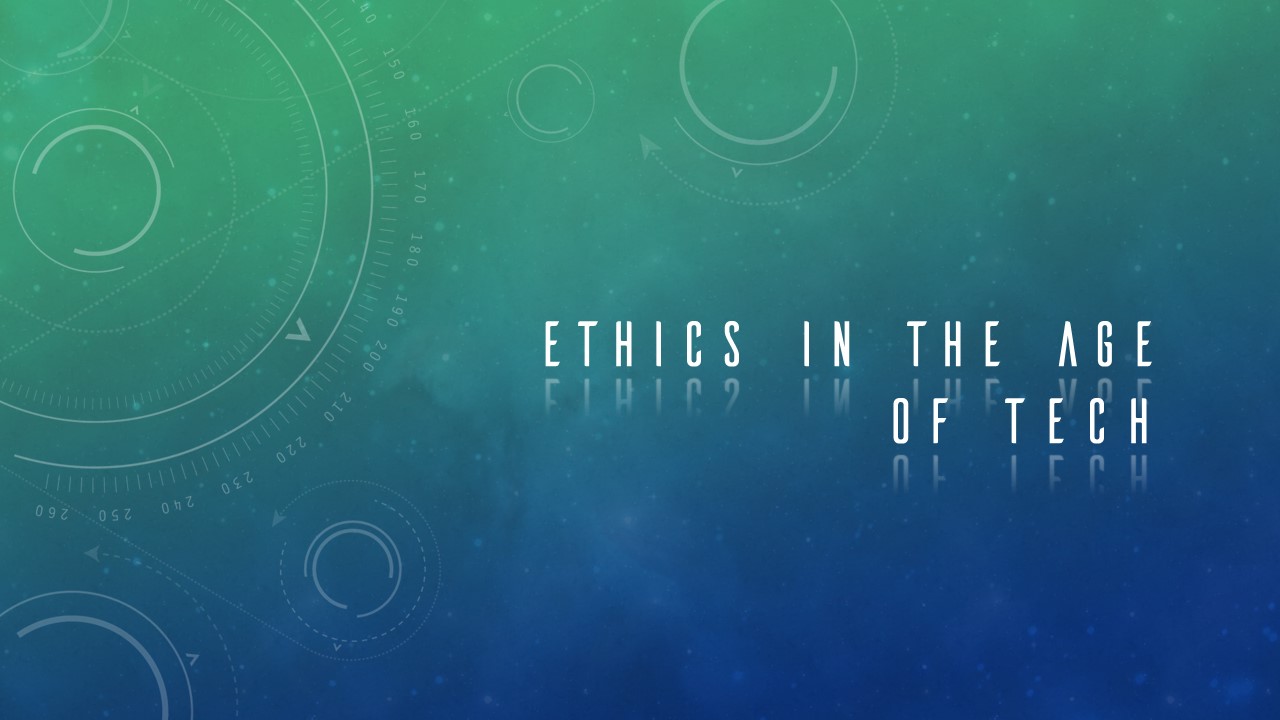Over the course of my residency with Queens Collective it had started to dawn upon me that I could not escape programming. A part of me still enjoyed writing code. I pondered over what I could possibly do to to incorporate my knowledge of software engineering with writing, resulting in the development of the Windows UWP app for creating an interactive narrative experience.
The process however spawned a broader realization that I did not need to be one, a software engineer, or the other, a writer; the notion I had set out with in the beginning.
The world we live in today does not particularly cater for people who do not wish to be pigeonholed. Contemporary society dictates and expects a person to have a single-track 'career'. If a person wishes to do other things as well they are expected to conduct them on the side and as 'hobbies', 'extracurricular activities' or 'moonlighting activities'. We have gotten so drawn into the world of specialization and focusing on a specific domain of knowledge that it becomes difficult to acknowledge or take seriously someone who does not want to conform to that way of living or viewing the world for that matter. I conjecture it makes us even more myopic and have a higher chance of losing sight of how things fit into the bigger picture.
Philosophers of antiquity and medieval times were generalists. They did not speak and explore just one aspect of knowledge. Many great minds such as Aristotle, Plato, Ibn Sina (Avicenna), Maimonides, Ibn Rushd (Averroes) and Kant, to name a few, wrote over a wide range of topics such as metaphysics, epistemology and ethics. Their ideas tied together into a grander paradigm they attempted to formulate, each part intrinsically consistent with the other.
The beginning of this way of being for me was when I was in undergrad, most likely prompted by my creative side. Instead of taking the expected Mathematics minor route for my Computer Science major - for I loathe math - I enrolled myself in courses of philosophy, psychology, sociology, political science and literature, inadvertently ending up with a social sciences minor. Although at the time these choices seemed rather inconsistent and arbitrary for they were driven more by whim than a plan, my ways of thinking and horizons were inevitably moulded and broadened.
Which brings me to now.
After a year of leaving my job I have come to the realization that my life does not need to be separated into one or the other. I quit because I wanted to focus on writing and explore my creative side. But as time progressed I started to feel an existential lack - to borrow the concept from Sartre; a feeling that something was amiss. I was quite familiar with it for it had happened before. When I was working at Microsoft I had felt the same feeling, which drove me to write more creative fiction or work on short films. I had felt that same pang when I was in university, during both my undergraduate and graduate studies, which had compelled me to exercise my creative side. But it was a surprise that I would feel that very same lack from the absence of programming in my life.
It made me think of how I applied my engineering knowledge and logic-driven analysis to enrich my processes for writing; whether as simple as creating Excel sheets to track where I had sent my stories, to creating a streamlined task list to manage the different things I was writing or what I needed to address in a narrative, or as inspiration for story concepts. And similarly I pondered over how my creative side had enriched the way I addressed programming problems as well as how it provided me an imagination that aided me in seeing the broader narrative from the particular context I was working on.
I know I want to and will continue writing. I will continue pursuing the various other art projects that I have conceptualized during my time at Queens Collective. And I also want to continue programming. I now know that I would rather have these aspects of me be in a symbiotic relationship, aiding and nurturing each other to become more than just what they are as individual elements.
I would like to acknowledge Queens Collective for granting me the opportunity to be an artist-in-residence with them without which this and the other creative endeavors I have explored over the past 6 months would not have been possible.





The featurelessness of the Ka'abah is symbolic of this non-representation, and an affirmation of the monotheistic creed. And particular to Islam, its veiled-ness symbolizes the unknowability, the ineffability, and hence the inability to represent or depict Allah.